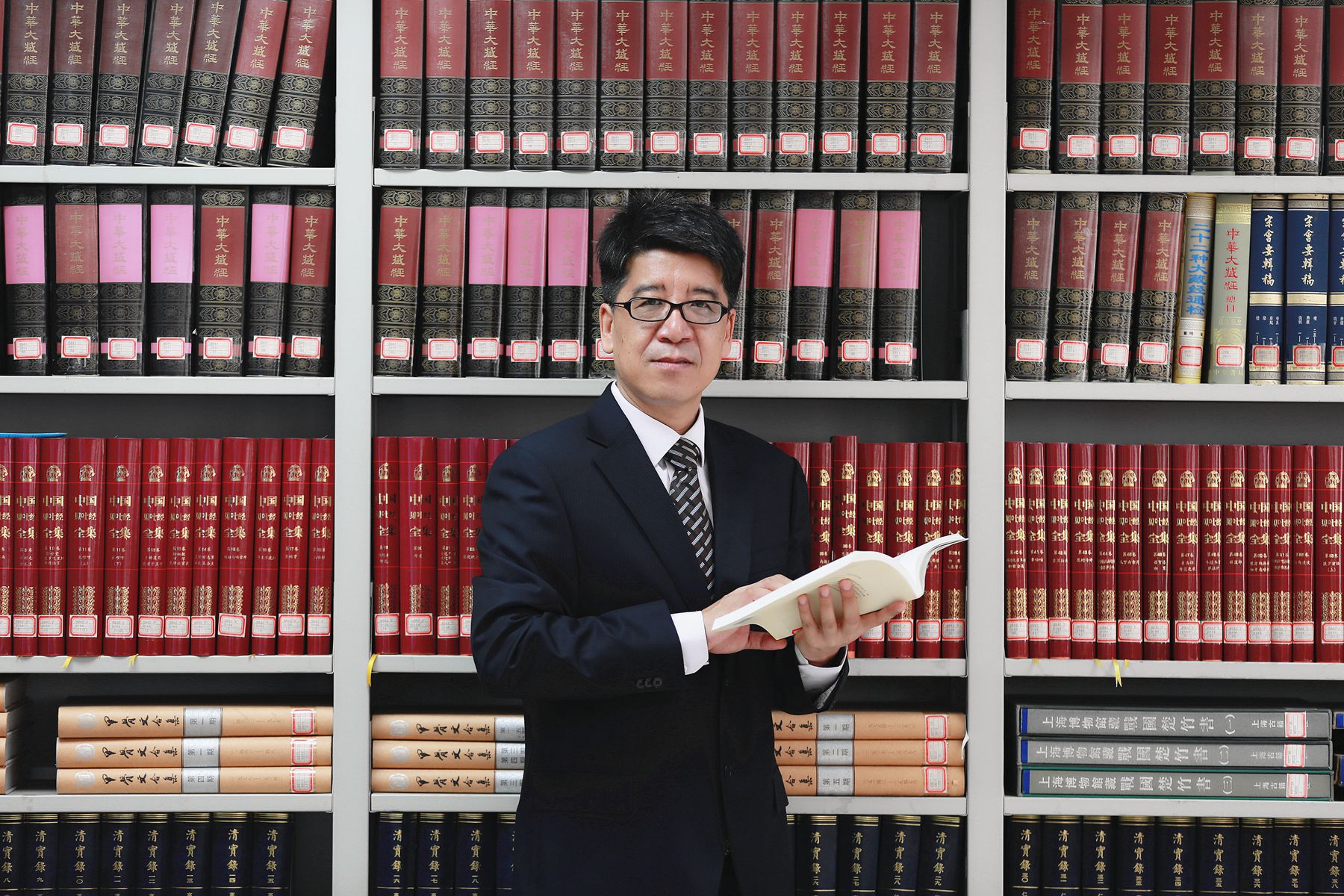
Abstract: The Report to the 20th National Congress of the Communist Party of China (CPC) made new arrangements for comprehensively cultivating cordial and clean relationships between the government and businesses and pointed out the specific direction for optimizing the business environment for the development of private enterprises. To cultivate such relationships in a comprehensive way in the practice of the rule of economic law in China, it is necessary to clarify their logical approach and have a deep understanding of their basic mode and control mechanism. In the analysis of such relationships, we must strictly distinguish the two underlying logic mainlines, namely "power" and "capital". According to different bases of their formation, such relationships can be divided into two modes in theory, namely the functional mode and the transactional mode. There are obvious differences between the two modes in terms of basic principle, objective, legal application, and method of accountability. To cultivate such relationships by category, we need to grasp their nature in a comprehensive and deep way, and then regulate online government platforms in accordance with law by taking the rule of law in the field of science and technology as the starting point and focusing on strengthening their target control, procedure control and responsibility control.
Key Words: cordial and clean relationships between the government and business; modes of the relationship between the government and business; business environment; digital government; rule of economic law
Author: Xi Yuemin, a research fellow at CASS Institute of Law and a professor at the University of CASS.
Source: 6 (2023) Tribune of Political Science and Law



